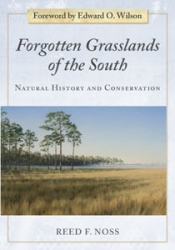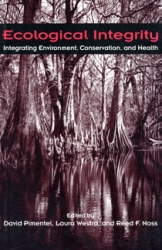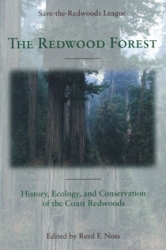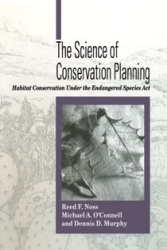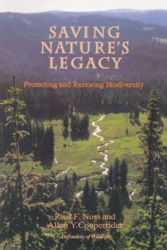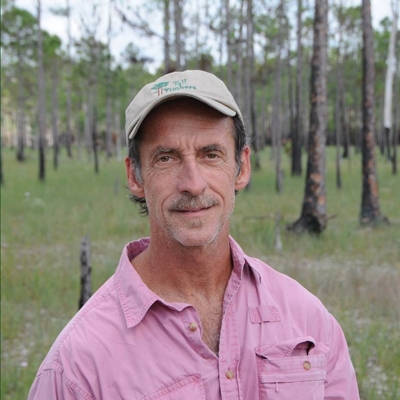
Reed F. Noss
Reed Noss is the Davis-Shine Endowed Professor at the University of Florida. Noss is focused on systematic conservation planning at regional to continental scales. He has designed and directed such studies in Florida, the Pacific Northwest, California, the Rocky Mountains, and several regions of Canada, and has been an advisor to similar projects throughout North America and parts of Latin America and Europe. This work seeks to identify areas requiring protection from development and to devise management policies, approaches, and techniques that will maintain the biodiversity and ecological values of these areas and entire landscapes over time. Noss has helped to pioneer methods of integrating population viability analysis into reserve selection algorithms. He currently focuses on fire ecology, forest and grassland restoration and management, the Florida Grasshopper Sparrow and its dry prairie habitat, Florida Scrub-Jays, and the Florida Panther. An emerging theme is the responses of species (especially vertebrates) and ecological processes to environmental conditions along urban-wildland gradients. Road ecology (e.g., responses of wildlife to roads and the design of wildlife crossings and barriers to minimize impacts) and movement ecology (e.g., corridors and connectivity) figure prominently in this research theme.

